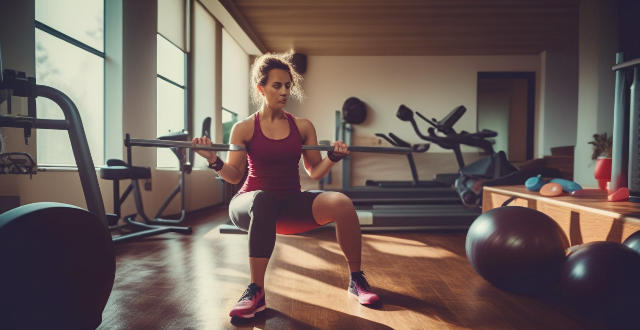The ideal meal timing for optimal sports performance is crucial for athletes to maximize their potential. Proper nutrition can help improve endurance, strength, and overall performance during physical activities. Key points to consider when planning meals include eating a pre-workout meal containing carbohydrates, protein, and healthy fats 2-3 hours before exercise; staying hydrated throughout the day; consuming simple carbohydrates during longer workouts; eating a post-workout meal rich in protein and carbohydrates within 30 minutes after exercising; and avoiding eating too close to workout time. By following these guidelines, athletes can ensure they have the necessary fuel for their bodies to perform at their best.

As an American, I believe that the ideal meal timing for optimal sports performance is crucial for athletes to maximize their potential. Proper nutrition can help improve endurance, strength, and overall performance during physical activities. Here are some key points to consider when planning your meals:
1. Pre-Workout Meal
- Eat a meal containing carbohydrates, protein, and healthy fats 2-3 hours before exercise.
- Carbohydrates provide energy, while protein helps with muscle repair and growth.
- Healthy fats, such as those found in nuts or avocados, can also provide long-lasting energy.
2. Hydration
- Drink plenty of water throughout the day, especially on days you plan to exercise.
- Avoid sugary drinks or alcohol, which can dehydrate you and negatively impact your performance.
3. During Workout
- For longer workouts (over 90 minutes), it may be beneficial to consume simple carbohydrates like sports drinks or gels to maintain energy levels.
- Snacking on fruits like bananas or oranges can also provide a quick burst of energy.
4. Post-Workout Meal
- Within 30 minutes after exercising, eat a meal rich in protein and carbohydrates to aid in muscle recovery and replenish glycogen stores.
- Examples include a turkey sandwich on whole grain bread or a smoothie made with yogurt, fruit, and protein powder.
5. Timing of Meals
- It's essential not to eat too close to your workout time, as this can lead to discomfort and reduced performance.
- Aim for a light snack 30-60 minutes before exercise if needed, such as a small handful of nuts or a piece of fruit.
In conclusion, proper meal timing plays a significant role in achieving optimal sports performance. By following these guidelines, athletes can ensure they have the necessary fuel for their bodies to perform at their best.